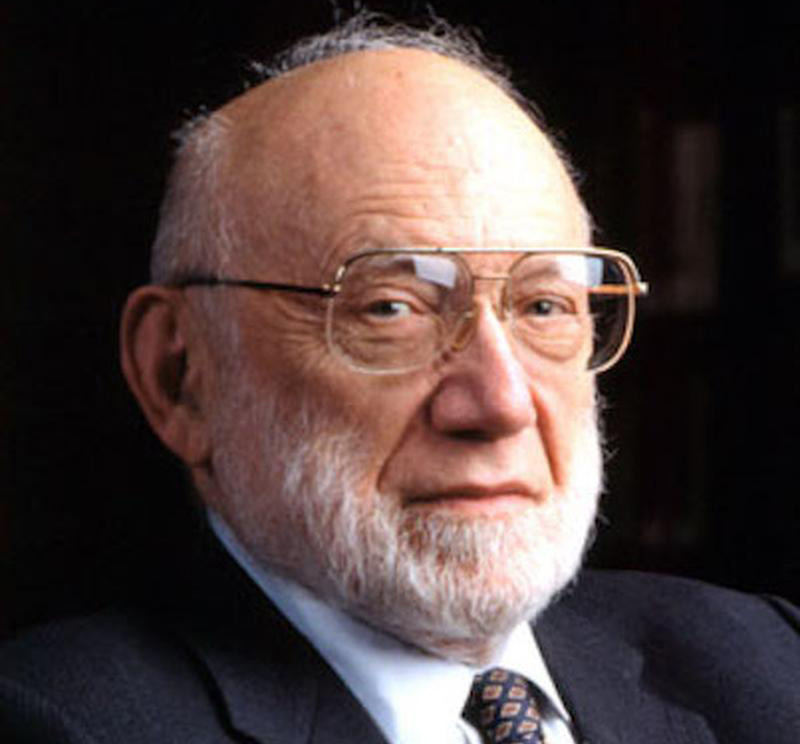One of the youngest people to ever receive the Nobel Prize in Physiology or Medicine at age 33, biologist Joshua Lederberg spent nearly half a century making strides in the scientific community.
In the 1940s, Lederberg discovered that bacteria can mate and exchange genes, instead of reproducing asexually as scientists previously theorized. Lederberg’s discoveries and research are still applied today in the study of antibiotic-resistant bacteria.
Lederberg was eager to share his knowledge with the world. While working at the University of Wisconsin in 1957, he founded the medical genetics department, which applied scientific advances to real-world situations in the medical field. From 1966 to 1971, he wrote a weekly column for the Washington Post titled, “Science and Man.”
Lederberg’s passion for science wasn’t limited to biology. After tuning in to H. G. Wells’ radio broadcast, “War of the Worlds,” in 1938, he became fascinated by the possibility of life on other planets.
In the 1960s and 1970s, Lederberg served on lunar and planetary mission boards for NASA. In 1975, he worked as an advisor to the Viking Mission to Mars.







